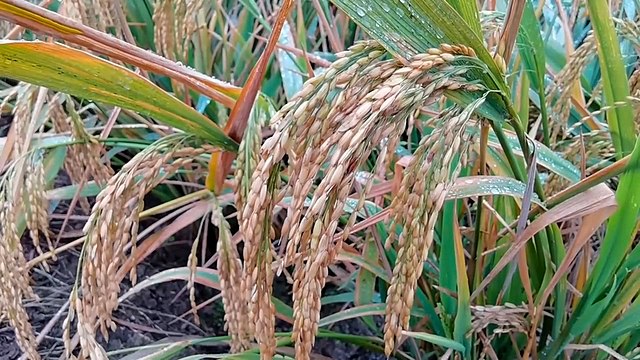Insufficient loan repayments by certain farmers involved in the Anchor Borrowers Programme (ABP) and the subsequent suspension due to fraud allegations are hindering Nigeria’s pursuit of rice self-sufficiency. Although precise information on the nation’s rice revolution progress is limited, paddy production has risen from approximately 4 million metric tons in 2015 to 7 million metric tons in 2022, as per the National Bureau of Statistics.
The rice mill count, encompassing integrated and cottage mills, increased significantly from 10 in 2015, marking the beginning of Nigeria’s rice revolution, to over 100 in 2023, as reported by the Rice Processors Association of Nigeria (RIPAN). Concurrently, the average rice yield per hectare has risen from 1.5 metric tons per hectare to approximately 2 metric tons, as per data from the United Nations Food and Agricultural Organisation.
These noteworthy advancements across Nigeria’s rice value chain can be attributed primarily to the Anchor Borrowers Programme (ABP) – an intervention initiative that supplied farmers with essential resources through loans.
Unfortunately, the progress achieved through the Anchor Borrowers Programme (ABP) across the rice value chain is now diminishing. This decline can be attributed to the Central Bank of Nigeria’s suspension of the programme due to fraud allegations and the farmers’ reluctance to repay the loans they received.
A source within the rice value chain, who prefers to remain anonymous, commended the initial intentions of the Anchor Borrowers Programme (ABP). However, they acknowledged that certain issues within the scheme cannot be disregarded. The suspension of the ABP is undoubtedly detrimental to rice farmers. Nevertheless, the source expresses hope that the suspension will facilitate the examination and resolution of the corruption and underlying reasons behind the programme’s failure.
The individual highlighted that genuine farmers were no longer receiving loans, and the Central Bank of Nigeria (CBN) was not transparent with the allocated funds. Furthermore, he mentioned that agro-dealers supplying essential inputs were providing substandard products. As a result of the CBN’s suspension of the programme, the significant progress and increased investments brought about by the intervention have come to a standstill.
The individual expressed concern over the lack of momentum and investment in rice production, as existing millers face challenges and many farmers did not cultivate rice that year. Ibrahim Kabiru, the National President of the All Farmers Association of Nigeria, acknowledged that the initial intervention was commendable upon its launch. However, he noted that its failure stemmed from the Central Bank of Nigeria’s (CBN) decision to address the rice farmers’ group. Kabiru explained that the CBN introduced the Prime-Anchor program, which provides loans to large-scale farmers who have groups of outgrowers contributing funds and inputs for rice production. These farmers repay the CBN in kind.
Abiodun Olorundenro, the Operations Manager of Aquashoot Limited, stated that numerous irregularities and fraudulent activities undermined the commendable initiative that played a vital role in Nigeria’s rice revolution. Olorundenro opined that if the funds had been directed towards genuine farmers, effectively managed, and free from political interference by ensuring transparency and efficiency in the process, Nigeria could have truly achieved self-sufficiency in rice production.





